10 Worst Cities for Allergies and Why
More than 50 million Americans live with nasal allergies. An allergy is an immune system response to foreign substances called allergens. You could be allergic to something you ate, touched, breathed in, or injected into your body. Allergies usually cause sneezing, itchy eyes, sneezing, a scratchy throat and a runny nose. Severe allergies can cause hives, low blood pressure, rashes, asthma attacks, trouble breathing and even death.Although over the counter medications are available to help deal with the symptoms, allergies have no cure. If you have allergies, you will want to stay away from the following cities, which have been recorded as the most allergenic places to live in 2015 by the Asthma and Allergy Foundation of America.
10. Wichita, Kansas
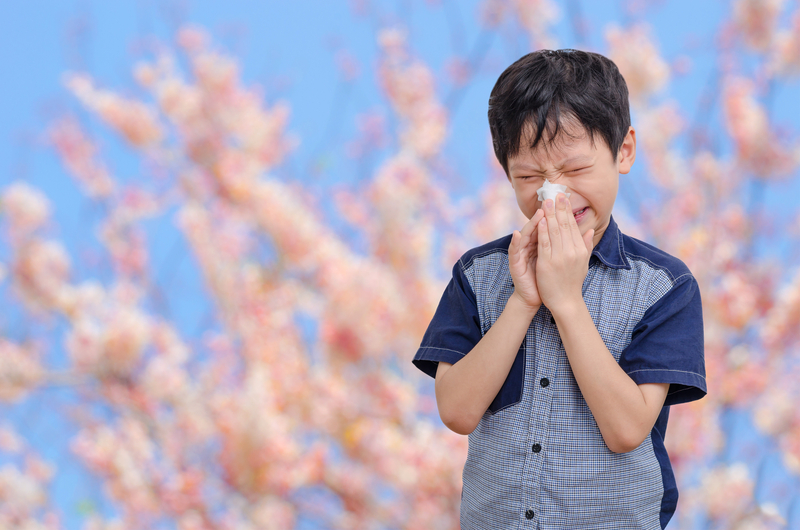
With an estimated 382,000 residents, Wichita is the largest city in Kansas. That means there’s lots of room for weeds and grasses to grow into allergy causing agents. Wichita’s pollen counts are higher than average.
Residents here are increasing their use of allergy medications. Wichita also has a lower than average number of available allergists on hand.
9. Jackson, Mississippi
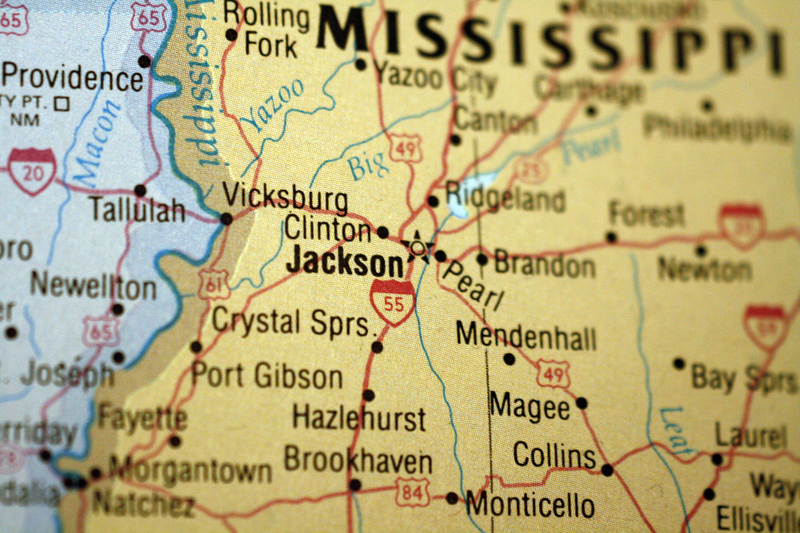
The sights may be beautiful, but this is one city you’ll want to stay clear of if you suffer from allergies. Jackson, Mississippi scored a perfect 100 by the Asthma and Allergy Foundation of America for allergy sufferers. Its pollen levels are worse than average with 300 grains of daily airborne pollen per cubic meter.
If you live in the area and you have allergies, it’s likely that you’re mediated. Jackson is also considered worse than average on the number of patients who use allergy medication. You’re also hard pressed to find an allergist as there is an average 1.05 board certified allergists for every 10,000 allergy sufferers.
8. Providence, Rhode Island
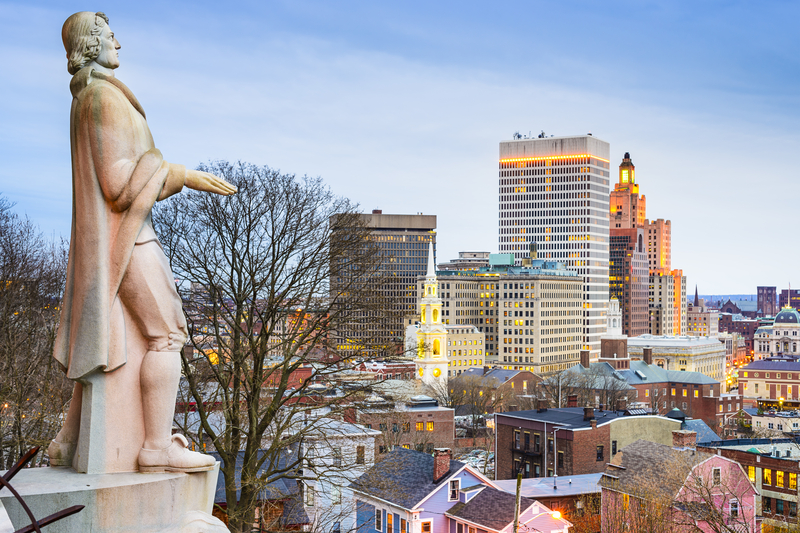
Although the American Academy of Allergy, Asthma and Immunology doesn’t even have a pollen counter located in the city of Providence, it’s still considered to be a dangerous place for allergens. According to climate experts, the temperatures in the city keep rising. This makes it easy for plants to thrive and eventually for pollen levels to increase. It has a current ranking of lower than average number of allergists available. You can reduce the amount of pollen brought into your home by going with hard wood floors over carpet.
7. Dayton, Ohio
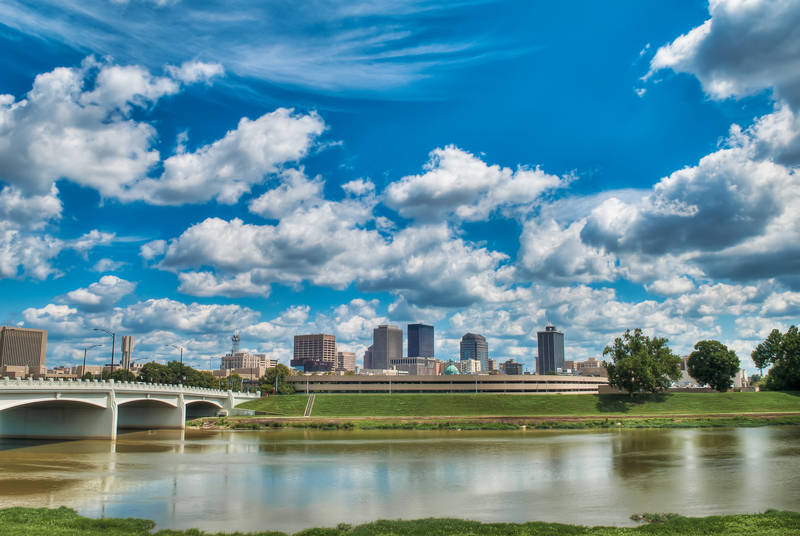
Dayton, Ohio does not hold a strong spot on the list of worst cities for allergies. But its rise in allergy medications keeps it firmly planted on the list. It has been in and out of top 10 lists for years. But springtime allergies can be a concern for sensitive people with allergies as springtime is peak time for tree pollen spikes. Other trees that may cause allergies in Dayton include cedar, beech, juniper and cypress. These trees won’t let up their pollen content until May, so living here may require you to vacation during this time.
6. McAllen, Texas
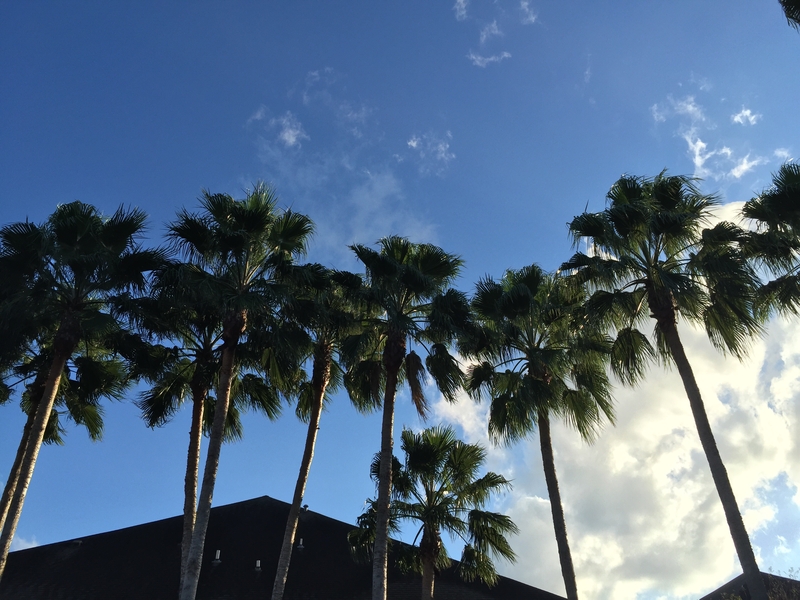
In the city of McAllen, wind is responsible for carrying pollen hundreds of miles away from mountain cedar trees in the Rio Grande Valley. Later in the season, residents also have to battle dry conditions and native plants such as huisache, grasses and mesquite. Because of the small amount of rain McAllen sees per year (around 26 inches), there is not much available to get rid of lingering particles. A nasal saline can help keep your nose clean and free of lingering pollen residue. An antihistamine can also help get you through a rough patch.
5. Knoxville, Tennessee
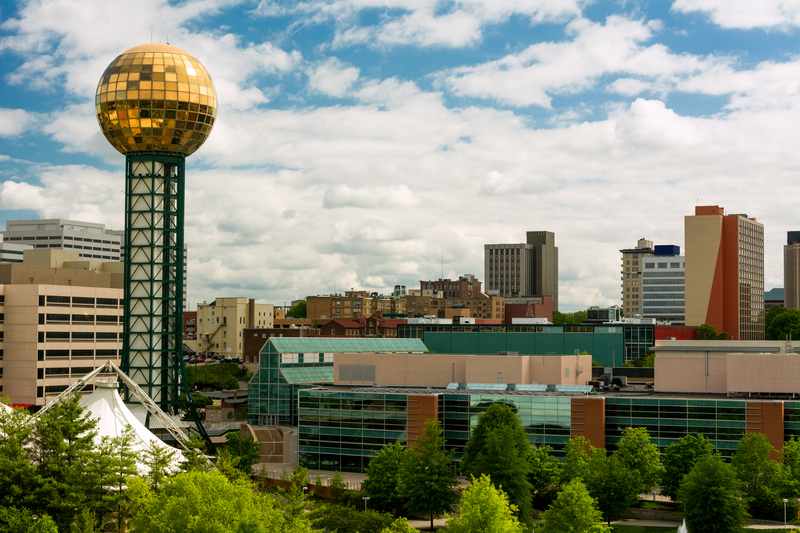
Coming in at a score of 99.62 from the Asthma and Allergy Foundation of America, Knoxville is number 5 on our list of worse cities for allergies. It is rated worse than average on the amount of people using mediation and airborne pollen levels. But it does score better than average on the amount of allergists available for allergy sufferers. Seasonal allergies have been shown to spike during times of stress. So treat yourself to a spa day during peak pollen season and blame it on the allergies.
4. Memphis, Tennessee
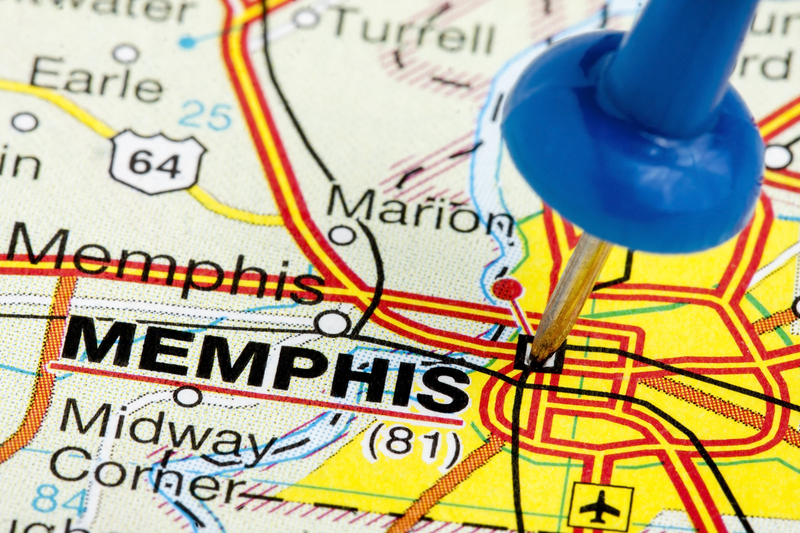
It’s more bad news for Tennessee residents who just can’t seem to escape the allergies in their state. The warm days and cool nights during springtime in Memphis send pollen levels into full blast. Although the near perfect temperatures may tempt you, it’s best to close your windows and run the aid conditioner if you suffer from allergies. Pollen levels are reported to be better this year than last, but you may still want to be cautious if you’re considering moving here. Be sure to keep all pets groomed and clean if you’re looking to improve your indoor dander exposure.
3. Oklahoma City, Oklahoma
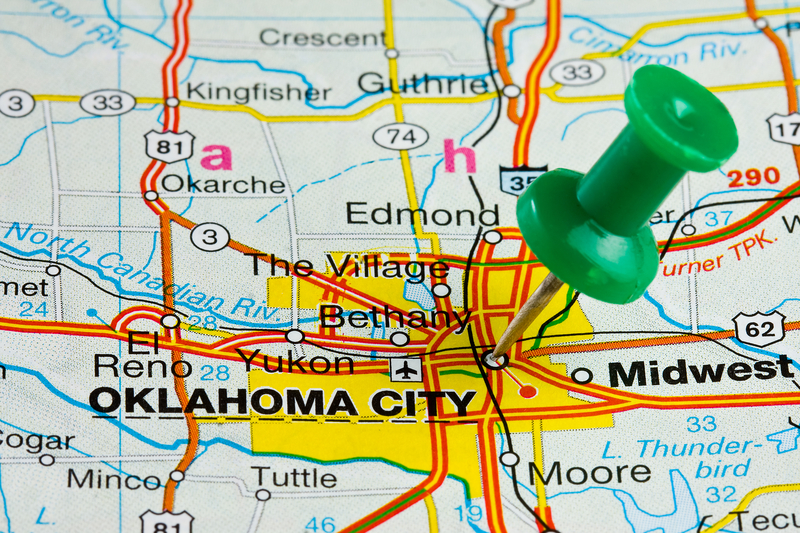
This sunny state often brings out the pollen in nearby trees, which can bring out the tissues from your pockets. Temperatures here along with the dry, warm and windy conditions are ideal for pollen to thrive. It’s not uncommon for pollen grains to be carried a long ways in the wind. The top tree offenders for pollen in this city include poplar, mulberry, aspen, oak and sycamore. You may find some relief in changing your clothes often and bathing after being outdoors for long periods of time if you suffer from allergies.
2. Richmond, Virginia
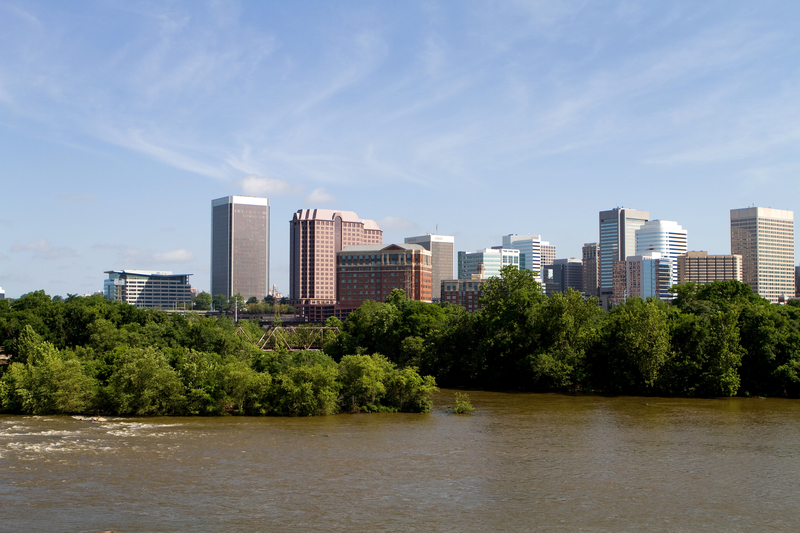
The springtime is beautiful here but beware of what’s lurking in the air. Richmond has a high year round pollen count, which makes it a difficult place to settle down if you suffer from allergies. Although the city’s pollen has improved over the last few years, it may still be a problem for those with allergy problems. Richmond has made the list for worst cities to live with allergies several years in a row.
1. Louisville, Kentucky
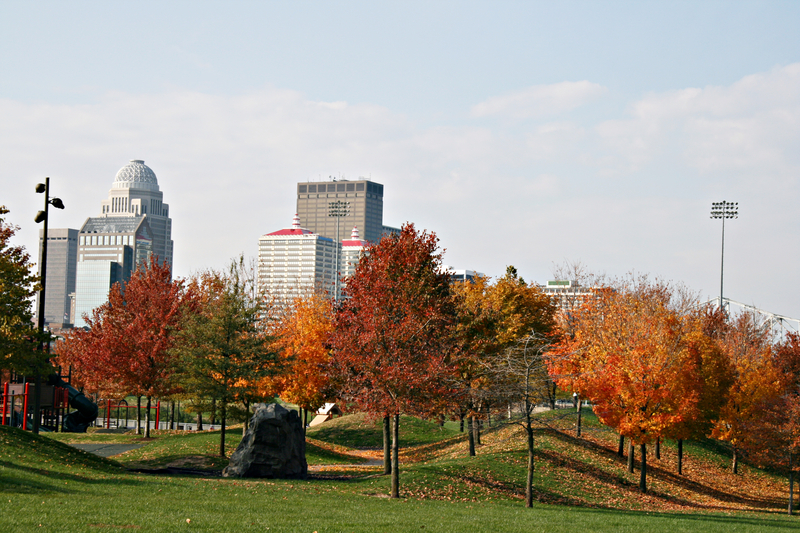
Sometimes there is a price to pay for living in such a beautiful city. Louisville may bring tears to your eyes with its high pollen count. Kentucky bluegrass is the top offender for allergy sufferers as it produces more pollen than any other grass in the United States. Be mindful when going for your morning walk as this is peak time for pollen to be released. It may even be worth your while to wear a mask if you’re overly sensitive. The pollen here spikes in late spring and early summer months, making Louisville the worst place to live with allergies for two years in a row.
